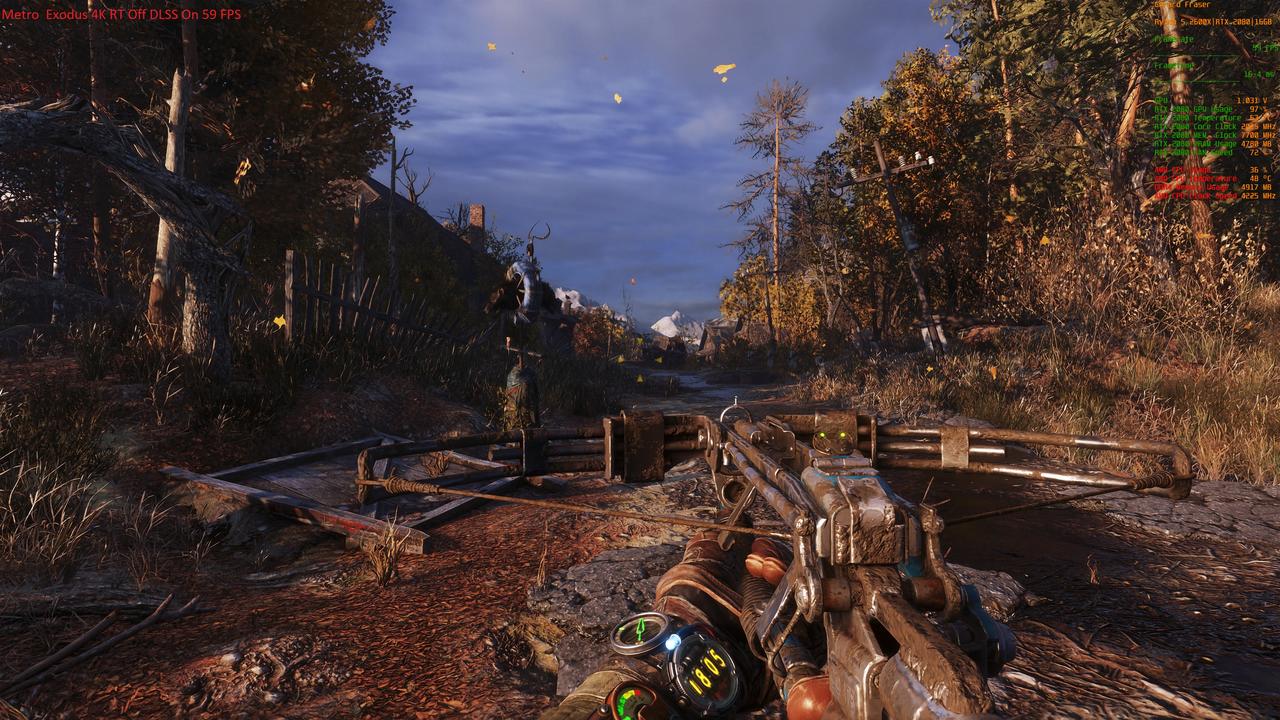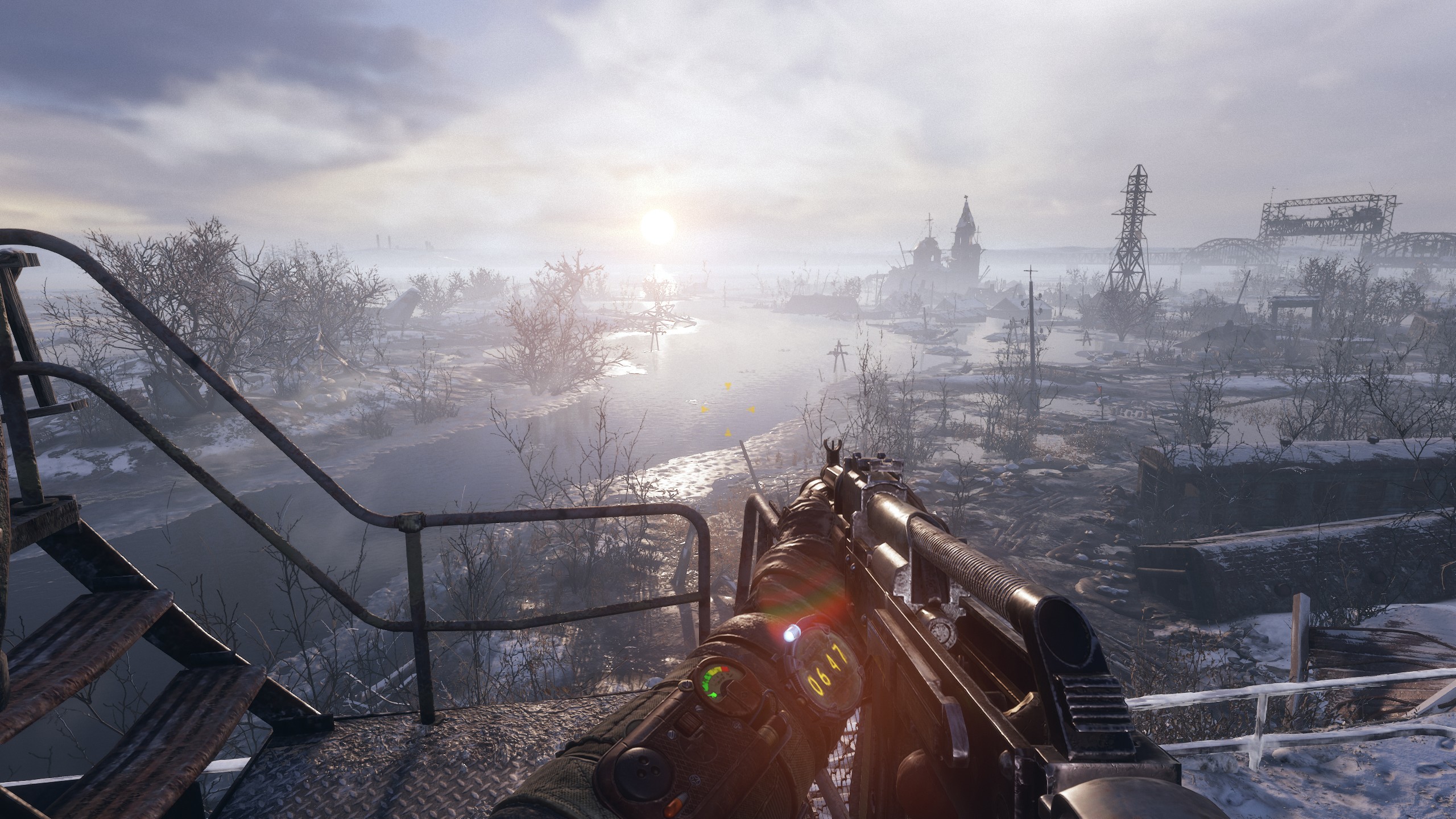

Never was the term “corridor shooter” so apt: In the game’s fiction, based on a series of novels by Russian author Dmitry Glukhovsky, desperate survivors cobbled together societies in train tunnels beneath the irradiated rubble of civilisation. Then, the game tossed me into an open, snow-sprinkled map tens of times larger than any single environment in Last Light, and I didn’t know what to do with myself.īoth Last Light and the first game in the series, Metro 2033, were tightly-scripted shooters set in creaky, leaky tunnels beneath a bombed-to-oblivion-and-back Moscow. I skulked around in train tunnels, got chomped on by mutants, and listened to underground denizens chatter endlessly about their sad, sunless lives.


Exodus’ first hour felt like it could’ve been part of that game. Before starting Metro Exodus, I replayed the entirety of its predecessor, cult hit post-apocalyptic shooter Metro: Last Light.


 0 kommentar(er)
0 kommentar(er)
